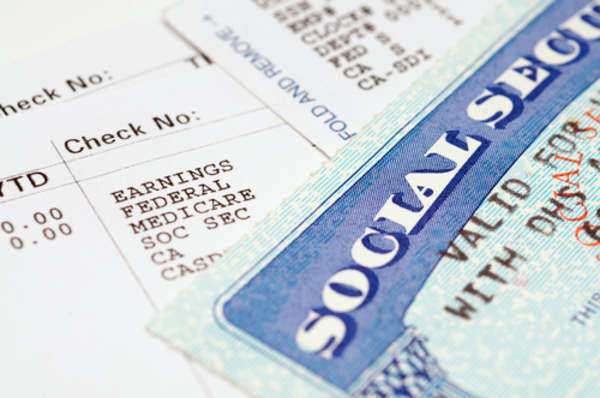Read This About Disability Fraud Attorneys

Fraud attorneys specialize in representing clients that are involved in a case of fraud. The fraud attorneys work to either defend their clients or to prosecute a party who is suspected of committing a fraudulent act. A legitimate fraud attorney must be able to identify disability fraud typesdisability fraud methods
The False Claims Act (otherwise known as the "Lincoln Law") also works to protect those wishing to come forward to be a "whistle blower" against government employees who also try to commit fraud against the government. Fraud attorneys can be used to represent the individual who wishes to come forward, and may receive up to twenty-five percent of restitution received by the government as a result of winning the case. This act was created as a means to combat fraudulent acts being committed against the government as well as adequately reward any assistance provided.























